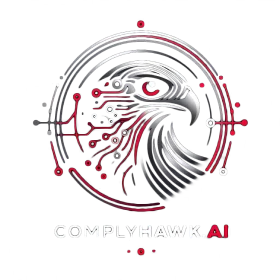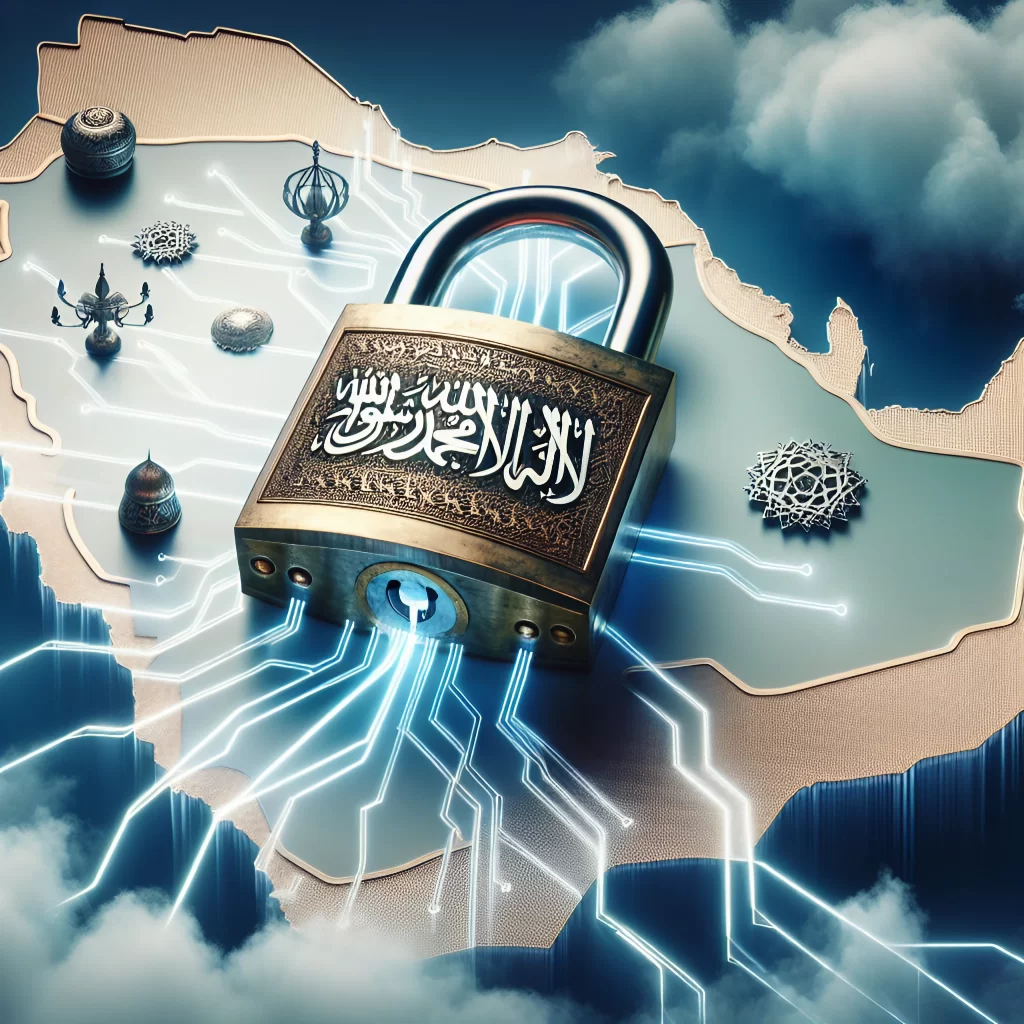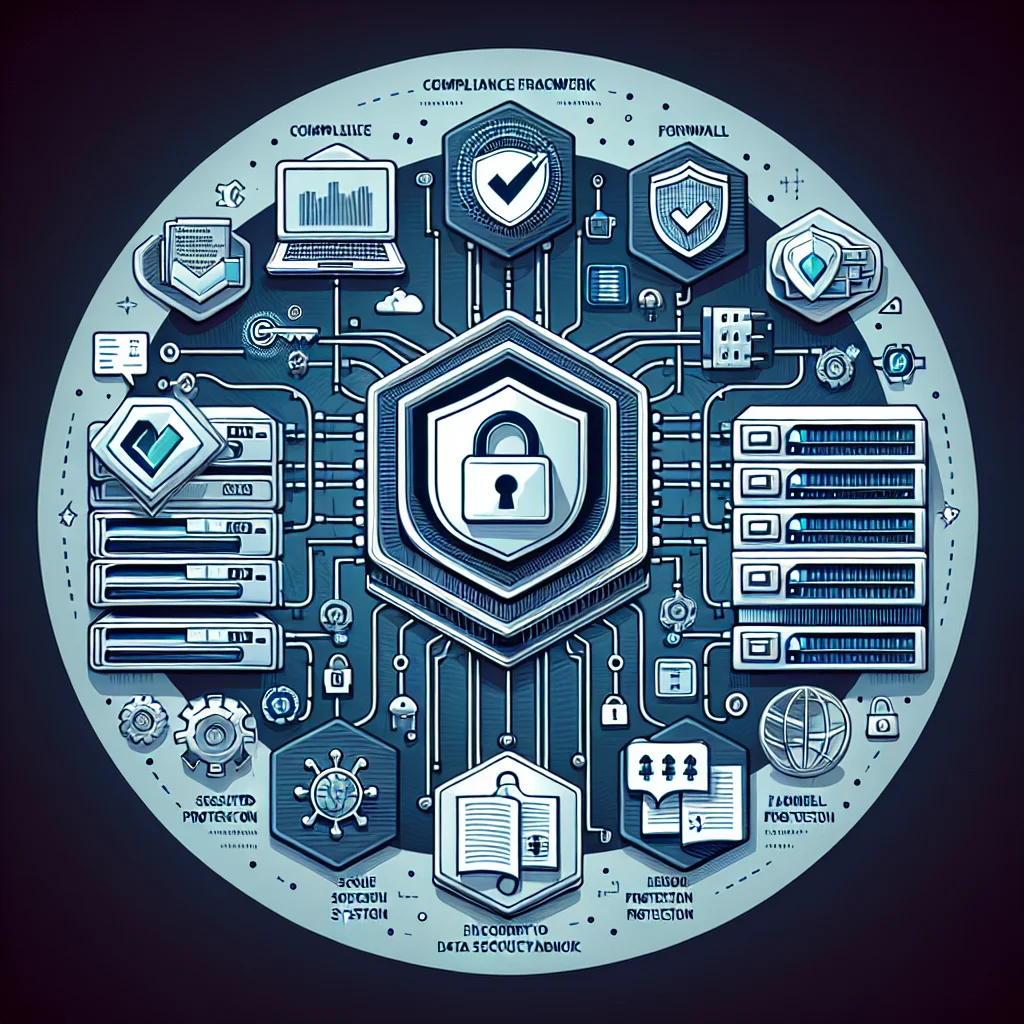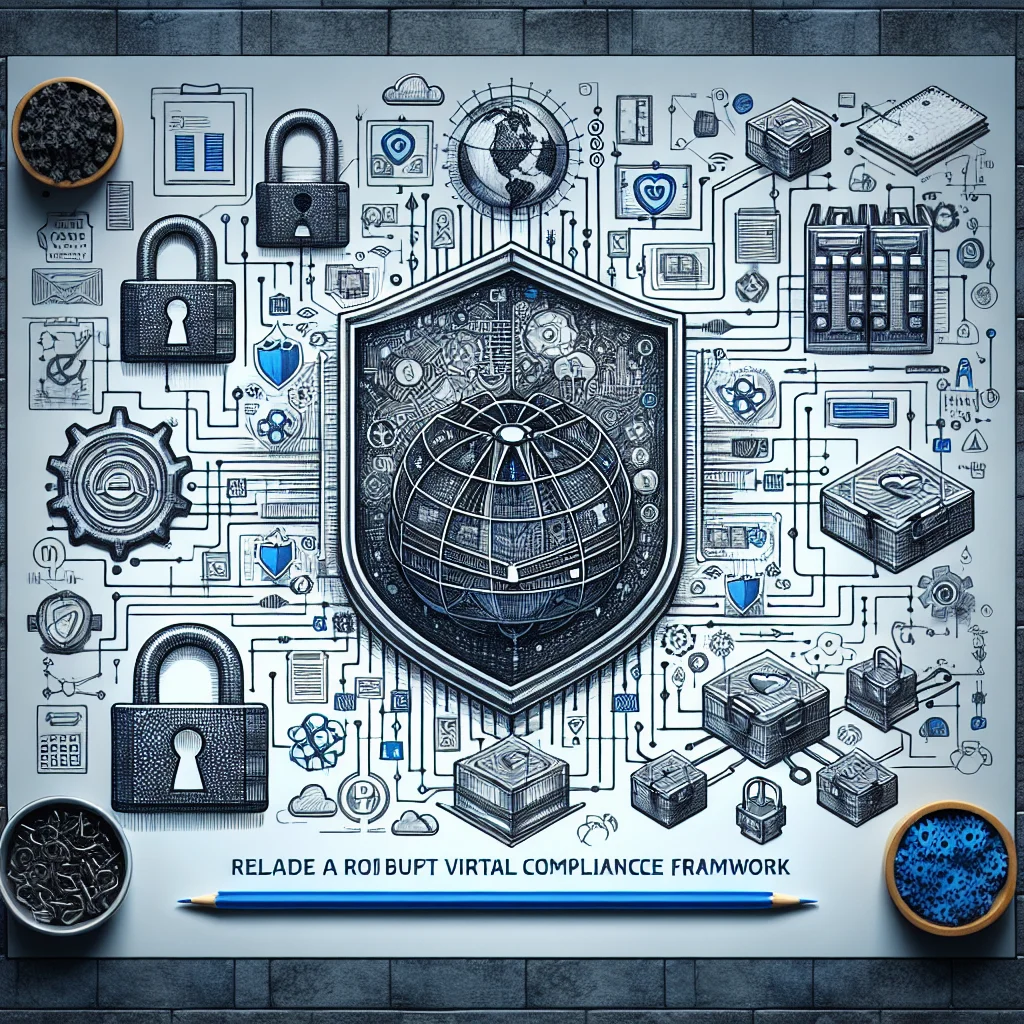Introduction: In today’s digital era, securing information is more critical than ever before. Organizations across the globe, particularly in the Middle East, are increasingly aware of the importance of safeguarding their data and systems from ever-evolving cyber threats. ISO 27001, an internationally recognized standard, provides a comprehensive framework for establishing, maintaining, and continuously improving an Information Security Management System (ISMS). This blog post explores ISO 27001 in depth, tailored specifically for Chief Information Security Officers (CISOs) looking to enhance their organization’s security posture.
What is ISO 27001? ISO 27001 is a globally recognized standard within the ISO/IEC 27000 family, focusing on information security management. The standard offers a systematic approach to managing sensitive company information, ensuring it remains secure. It covers all types of data, whether it’s financial, intellectual property, or customer data, and addresses the risks associated with handling this information.
The core principle of ISO 27001 is risk management. It guides organizations in identifying potential security risks and implementing necessary controls to mitigate those risks. Unlike prescriptive standards, ISO 27001 is flexible and adaptable, allowing organizations to apply the controls that are most relevant to their specific environment.
Who Should Implement ISO 27001? ISO 27001 is versatile and can be implemented by organizations of any size, across any industry. Whether your organization is involved in finance, healthcare, IT services, or government operations, ISO 27001 provides a structured methodology to manage and protect sensitive data. It is particularly valuable for organizations in the Middle East, where regulatory landscapes are rapidly evolving, and the need for robust cybersecurity measures is growing.
CISOs play a crucial role in leading the adoption of ISO 27001. By implementing this standard, they ensure that their organization is not only compliant with international best practices but also resilient against the myriad of cyber threats that target critical information.
Key Components of ISO 27001: ISO 27001 is organized around several key components that collectively contribute to a robust information security framework:
- Understanding the Organization’s Context: Organizations must assess their internal and external environments to identify factors that could affect their ISMS. This includes understanding the legal, regulatory, and market conditions unique to the Middle East.
- Leadership Commitment: Successful implementation of ISO 27001 requires strong leadership. Senior management must be actively involved in setting the direction of the ISMS, allocating resources, and fostering a culture of security.
- Risk Management and Planning: The standard emphasizes the need to identify and assess security risks. Organizations must then develop plans to address these risks, setting clear objectives for information security.
- Support and Resources: Implementing ISO 27001 requires adequate resources, including skilled personnel, technology, and financial investment. It also involves raising awareness and training staff on their roles within the ISMS.
- Operational Controls: This involves implementing the necessary processes and technologies to manage information security effectively. Operational controls ensure that the organization’s day-to-day activities align with the ISMS’s objectives.
- Performance Evaluation: Organizations must continuously monitor and measure the effectiveness of their ISMS. Regular audits, reviews, and assessments help in identifying areas for improvement.
- Continuous Improvement: ISO 27001 advocates for a cycle of continuous improvement. Organizations should regularly update their ISMS to adapt to new threats and changing business environments.
Considerations for Middle Eastern Organizations: The Middle East is a region undergoing significant digital transformation. As businesses and governments increasingly rely on digital technologies, the importance of robust cybersecurity measures cannot be overstated. However, organizations in the region face unique challenges that must be considered when implementing ISO 27001.
Regulatory Requirements: Countries in the Middle East, such as Saudi Arabia and the UAE, have introduced specific cybersecurity regulations that align with international standards like ISO 27001 but also include localized requirements. For instance, Saudi Arabia’s National Cybersecurity Authority (NCA) has established the Essential Cybersecurity Controls (ECC), which organizations must integrate into their ISMS. Similarly, the UAE’s Telecommunications and Digital Government Regulatory Authority (TDRA) enforces regulations that complement ISO 27001 by adding specific requirements tailored to the region.
Cultural Factors: The cultural landscape in the Middle East also influences how information security is managed. Trust, privacy, and the handling of sensitive information are viewed differently in this region compared to Western countries. CISOs must navigate these cultural nuances while ensuring that their organization’s ISMS complies with ISO 27001.
Technological Adoption: The Middle East is rapidly embracing new technologies such as cloud computing, artificial intelligence, and the Internet of Things (IoT). While these advancements offer significant benefits, they also introduce new security challenges. ISO 27001 provides a framework for managing these risks, ensuring that organizations can innovate securely.
Frequently Asked Questions by CISOs:
- How does ISO 27001 compare to other frameworks like NIST and SOC 2? ISO 27001 is a comprehensive, globally recognized standard that provides a broad framework for managing information security. NIST, which is more prescriptive, offers detailed guidelines particularly relevant to U.S. federal agencies but is also widely used in other sectors. SOC 2, meanwhile, focuses on the security of service organizations, emphasizing the privacy and confidentiality of client data. For CISOs in the Middle East, ISO 27001’s international recognition and adaptability make it a preferred choice for establishing a robust ISMS.
- What challenges are specific to implementing ISO 27001 in the Middle East? Implementing ISO 27001 in the Middle East can be challenging due to the need to align with both international standards and local regulations such as the NCA’s ECC in Saudi Arabia or the TDRA’s requirements in the UAE. Additionally, the region’s geopolitical climate and the rapid pace of digital transformation necessitate a proactive and dynamic approach to information security. Cultural factors and language barriers can also complicate implementation, making it essential for CISOs to engage local expertise and ensure clear communication across all levels of the organization.
- How does ISO 27001 facilitate compliance with local regulations in the Middle East? ISO 27001 provides a robust foundation that can help organizations meet the security requirements of local regulations. For example, its risk management processes and incident response protocols align closely with the requirements of the NCA’s ECC. By implementing ISO 27001, organizations can create a comprehensive ISMS that not only meets international standards but also supports compliance with a wide range of regional regulations.
- What role does ISO 27001 play in the context of digital transformation in the Middle East? As Middle Eastern organizations embark on ambitious digital transformation projects, the need for secure implementation becomes paramount. ISO 27001 helps ensure that new technologies, such as cloud services and IoT, are integrated into the organization’s operations securely. The framework’s emphasis on risk management and continuous improvement ensures that these digital transformation initiatives are resilient against emerging cyber threats.
- How can ISO 27001 address supply chain risks in the Middle East? Supply chain security is an increasingly critical concern, especially in sectors like energy, finance, and healthcare. ISO 27001 helps organizations assess and manage risks associated with third-party vendors and partners. By requiring that supply chain partners adhere to the same high standards of information security, ISO 27001 helps reduce the risk of breaches and ensures that the entire supply chain is secure.
Shared Controls Across Frameworks: ISO 27001 shares many common controls with other well-known frameworks such as PCI DSS, NIST, and SOC 2. Recognizing these overlaps can help organizations streamline their compliance efforts:
- Access Control: ISO 27001, like PCI DSS, places strong emphasis on restricting access to sensitive information to authorized personnel only. Both frameworks advocate for the principle of least privilege and require robust authentication mechanisms.
- Incident Response: Both ISO 27001 and NIST stress the importance of having a well-defined incident response plan. This includes procedures for identifying, reporting, and responding to security incidents effectively.
- Encryption: Encryption is a critical control in ISO 27001 and is equally important in PCI DSS. Both standards require that sensitive data be encrypted both in transit and at rest to protect its confidentiality and integrity.
- Risk Assessment: ISO 27001’s approach to risk assessment aligns closely with the methodologies outlined in NIST’s Risk Management Framework (RMF). Regular risk assessments are essential for identifying vulnerabilities and implementing appropriate controls.
- Monitoring and Continuous Improvement: Continuous monitoring and improvement are key principles in ISO 27001, NIST, and SOC 2. By regularly reviewing and updating security practices, organizations can ensure that their ISMS remains effective in the face of evolving threats.
Conclusion: Adopting ISO 27001 is a strategic decision that offers significant benefits for organizations aiming to enhance their information security management practices. For CISOs in the Middle East, ISO 27001 provides a comprehensive framework that not only aligns with international standards but also supports compliance with regional regulations.
Implementing ISO 27001 demonstrates a commitment to protecting sensitive information and building trust with stakeholders. By integrating this standard into your organization’s operations, you can create a resilient security posture that adapts to new challenges and supports your organization’s growth in an increasingly digital world.



